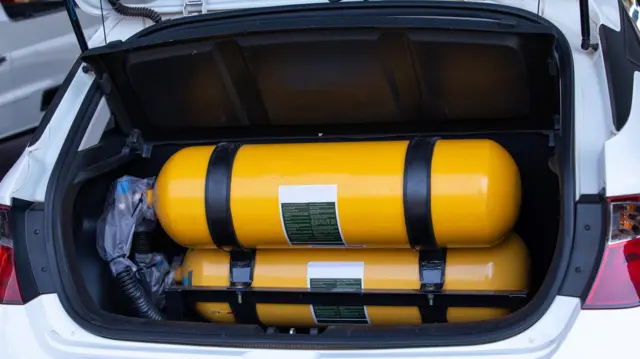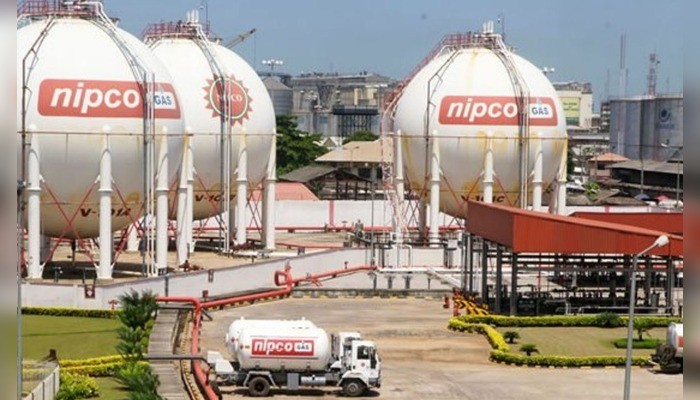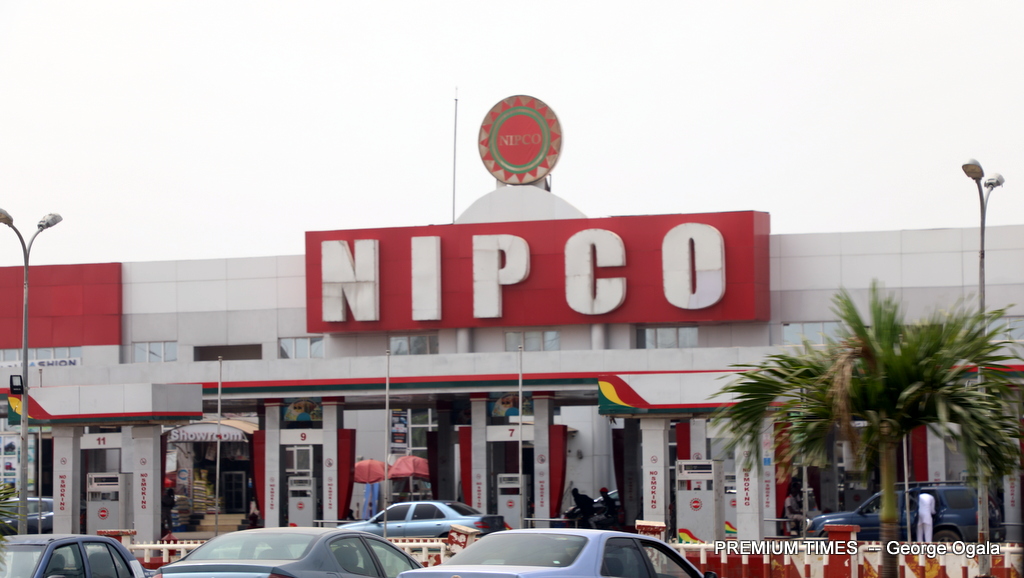Following the inconsistency in the price of petrol in many parts of Africa, especially Nigeria, many car owners and commuters have alternatively turned to Compressed Natural Gas (CNG) for their day-to-day operation due to its cheap price in the country.
Compressed Natural Gas (CNG) is a cheaper alternative to petrol, which is now priced at N200 per standard cubic metre in Nigeria. However, the growing demand for CNG suggests that people can no longer afford petrol as they prefer to wait in long queues and endure the delays at filling stations

It has also been reported that some Truck drivers began camping overnight at NIPCO’s CNG station at Ibafo, Ogun State, due to long wait times, with some lasting days. In the same manner, it was reported in parts of Abuja and along major highways such as the Ibadan Expressway.
The former National Secretary of IPMAN, Mr. Mike Osatuyi, expressed concerns about the poor implementation of the Presidential CNG Initiative (PCNG), almost two years after its launch.
“Vehicles often spend hours and trucks, days at CNG filling stations due to inadequate service capacity.”
He cited areas such as Zuba-Kubwa Road and Abuja Airport Road in the FCT, as well as the Ibadan Expressway corridor and Ibadan Tollgate, as flashpoints for long queues.
Osatuyi described the current situation as a “national embarrassment” and urged the government to expand the infrastructure urgently.
While commending President Bola Tinubu for his initial commitment to the initiative, Osatuyi lamented the lack of follow-through.
“If this effort had begun 20 years ago, we could have cut petrol consumption in Nigeria by 50%,” He added.

While Nigeria has grown from 11 to 65 CNG stations in the past year, Osatuyi warned that this still lags behind demand. High vehicle conversion costs also remain a major barrier.
To tackle the supply shortage, PCNGi is partnering with the Midstream and Downstream Gas Infrastructure Fund and NNPC Ltd. NNPC is building 120 CNG stations—12 already operational—and has released their locations to guide motorists.
In 1997, the Nigerian government launched an initiative to promote compressed natural gas (CNG) as a fuel for vehicles, aiming to maximise the country’s natural gas (NG) resources. However, progress has been slow until recently, when rising and fluctuating petrol prices led to increased interest in CNG as an alternative.
In 2024, the Presidential Compressed Natural Gas Initiative (PCNGI) organised a fact-finding trip to India, one of the world’s largest adopters of CNG, to give Nigerians a firsthand look at its potential. The delegation included music icon Innocent Idia (popularly known as 2baba), online influencer Ola of Lagos, comedian Basket Mouth, and a Northern musician. Their visit explored how India has successfully integrated CNG into various sectors, from commercial transportation to domestic and industrial use.
The federal government sees CNG as a long-term solution to rising fuel costs and environmental concerns, encouraging more Nigerians to make the switch.




